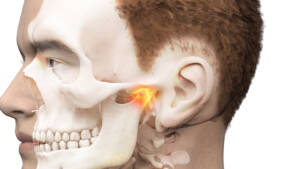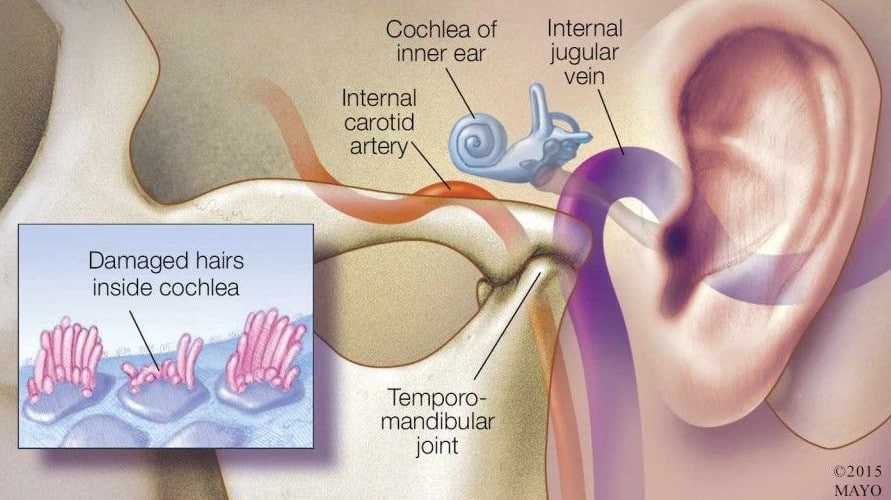Temporomandibular Disorder, commonly referred to as TMD,
is a condition affecting the temporomandibular joint (TMJ), which connects your jaw to your skull. This disorder can cause a variety of symptoms, including jaw pain, difficulty chewing, clicking or popping sounds in the jaw, ear pain, and headaches (most commonly morning headaches but they can trigger more migraines and tension headaches as well). If you’re experiencing any of these symptoms, it’s essential to seek treatment from qualified professionals. But who exactly treats Temporomandibular Disorder? Let’s delve into the specialists who can help you find relief.

Dentists
Dentists are often the first line of defense when it comes to diagnosing and treating TMD. Many dentists receive training in recognizing the signs and symptoms of this disorder during their education. They can perform a thorough examination of your jaw and mouth to assess the extent of the problem.
Orofacial Pain Specialist
Orofacial Pain is the dental specialty which deals with treating TMJ disorders, other facial pain disorders, teeth grinding and sleep disordered breathing (snoring, sleep apnea). Dr Chandwani is one of the 3 board certified Orofacial Pain specialists in Connecticut (the other two are Dr. Seema Kurup and Dr. Bruce Sofferman). In New York state, there are 20 board certified Orofacial Pain specialists. You can search for a specialist close to you using this link: https://www.abop.net/search/newsearch.asp
Board Certification represents Dr. Chandwani’s commitment to the highest level of Orofacial pain management through residency training in the specialty, followed by extensive testing and evaluation by their peers to achieve certification.
Oral and Maxillofacial Surgeons
For some severe cases of TMD, oral and maxillofacial surgeons may be called upon to provide treatment. These specialists have undergone extensive training in surgical procedures involving the mouth, jaw, and face. They can perform surgeries such as arthrocentesis, arthroscopy, or even joint replacement to alleviate pain and restore function to the jaw joint.
Orthodontists
Orthodontists primarily focus on aligning the teeth and jaws to improve function and aesthetics. Alignment of teeth has not been found to have any association to TMJ disorders so orthodontic treatment should be avoided. In majority of cases, orthodontics would not help or worsen TMJ disorders; a small subset may get better while a small subset may worsen.
Physical Therapists/Chiropractic Physicians
Physical medicine specialists play a crucial role in the non-surgical management of TMD. They can design customized exercise programs to improve jaw mobility, strengthen the muscles surrounding the TMJ, and reduce pain. Additionally, techniques such as manual therapy, ultrasound, and electrical stimulation may be used to alleviate muscle tension and promote healing.

